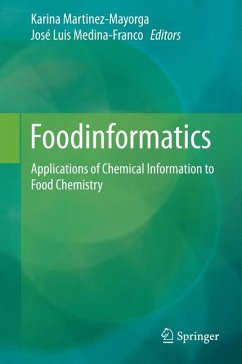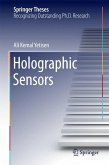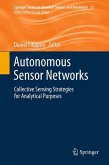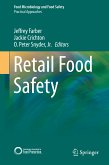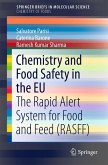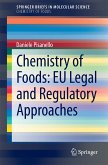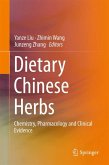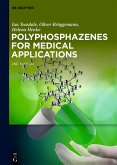The explosion in the generation of information parallels the explosion of computational resources. The use of computers to collect, store and manipulate chemical information is at the heart of chemoinformatics. These methodologies, whose main target thus far has been the pharmaceutical field, are general and can be applied to other types of chemical data sets, such as those containing food chemicals. While the use of chemical information methodologies to address food-related challenges is still in its infancy, interest is growing and will continue to do so as the methods prove useful, particularly for providing practical solutions to food industry challenges. Foodinformatics gives an overview of basic concepts, applications, tools and perspectives of the emerging field of foodinformatics. The book is an important addition to the literature and will be of interest of food chemists, nutritionists, informaticians and scientists of related fields.
About the Editors
Karina Martínez-Mayorga, Instituto de Química, UNAM, Mexico City, México and Torrey Pines Instiute for Molecualr Studies, Port St. Lucie, FL, USA
José Luis Medina-Franco, Instituto de Química, UNAM, Mexico City, México, and Torrey Pines Instiute for Molecualr Studies, Port St. Lucie, FL, USA
Dieser Download kann aus rechtlichen Gründen nur mit Rechnungsadresse in A, B, BG, CY, CZ, D, DK, EW, E, FIN, F, GR, HR, H, IRL, I, LT, L, LR, M, NL, PL, P, R, S, SLO, SK ausgeliefert werden.

